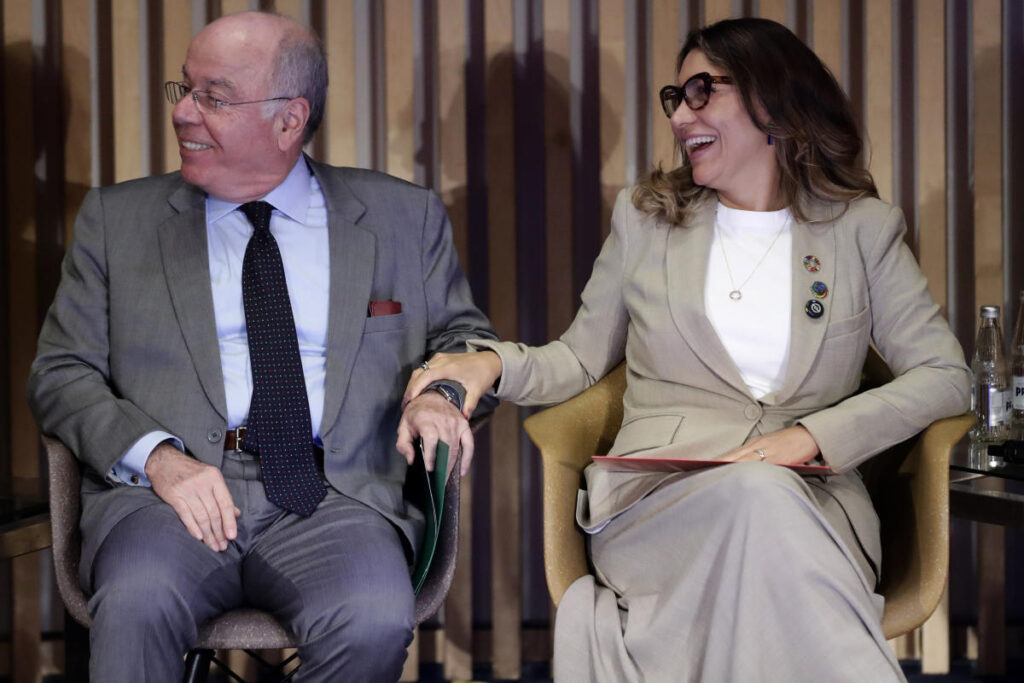Brazil’s initiative to launch a social summit in Rio de Janeiro precedes the upcoming G20 meeting, marking the first occasion where civil society input is being emphasized ahead of the annual summit. Foreign Minister Mauro Vieira announced that the event is expected to attract around 40,000 participants representing G20 countries who will convene at venues such as the revitalized port area and the adjacent Museum of Tomorrow until Saturday. The main G20 summit is set for Monday and Tuesday. Vieira highlighted that this gathering aligns with Brazil’s agenda focused on sustainable development, green energy promotion, poverty alleviation, and inequality reduction, insisting that no effective solutions could be devised without involving society’s voices in the process. The proposals developed during the social summit are intended to culminate in a final document to be presented during the leaders’ summit.
The emphasis on community engagement is further illustrated by the involvement of Brazil’s low-income neighborhoods, known as favelas, which have come together through an initiative dubbed F20. This coalition aims to voice the collective needs and priorities of those living in these communities, with representatives recently issuing a joint statement. Their demands include addressing inequality, promoting climate justice, enhancing access to sanitation, and increasing digital and financial inclusion. Given that favelas accommodate about 16.4 million Brazilians—around 8% of the national population—their concerns are profoundly significant. Issues faced in favelas such as Rocinha, the most populous favela, underscore the urgent need for infrastructure improvements, economic opportunities, and recognition of the residents’ day-to-day challenges.
First Lady Rosângela da Silva, affectionately known as Janja, emphasized that starting the G20 with a social-focused event sets Brazil apart from previous summits. She expressed optimism that the voices of marginalized communities would be heard, and that their recommendations would be integrated into decision-making processes. This approach aims to ensure that the dialogues initiated in the social summit extend beyond mere discussion, fostering meaningful changes and actions in policy formulation. The importance of integrating civil society into international discussions highlights Brazil’s commitment to inclusivity during its presidency of the G20.
The reality for many individuals in Brazilian communities, particularly in the favelas, showcases stark contrasts with the high-level discussions anticipated at the G20 summit. Residents like Antonio Florencio from Rocinha voiced concerns over persistent infrastructural neglect that seems oblivious to their daily struggles. Florencio’s sentiments reflect a broader skepticism regarding the tangible benefits that such a global meeting could bring to local communities that continue to suffer from poor living conditions. His statement serves as a powerful reminder of the disconnect between global agendas and the lived realities of marginalized populations.
To engage the public further, the Brazilian government has organized a free music festival in the port area, featuring performances by popular artists like Seu Jorge, Daniela Mercury, and Zeca Pagodinho. This festival not only aims to celebrate Brazilian culture but also seeks to draw attention to the broader social issues being discussed at the summit. By providing a platform for artistic expression, the government hopes to foster a sense of community involvement and collective identity as discussions on crucial socio-economic challenges unfold. The confluence of art and activism during this period underscores the need for sustained dialogue on addressing inequalities and enhancing recognition for disenfranchised communities.
As Brazil rolls out this unique social summit within the G20 framework, the overarching goal remains clear: to elevate the voices of those traditionally sidelined in global discussions while striving for more equitable solutions to pressing issues. By catalyzing conversations that intersect social justice, economic development, and environmental sustainability, Brazil aims to create a societal blueprint that resonates within both local communities and international forums. Such initiatives can potentially reshape the landscape of global diplomacy by prioritizing people’s needs and fostering collaborative endeavors aimed at achieving a more inclusive and equitable world.

